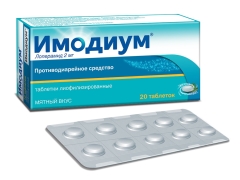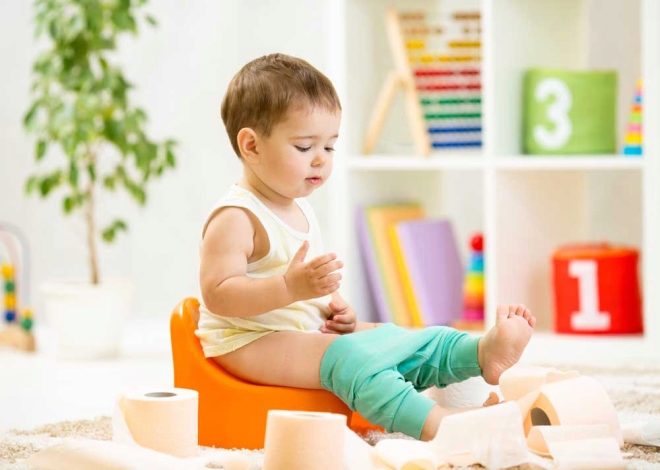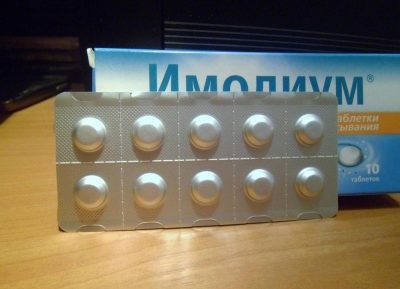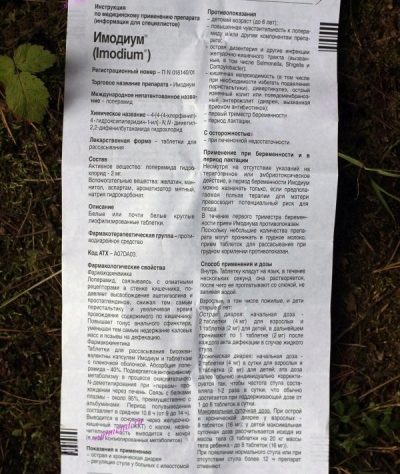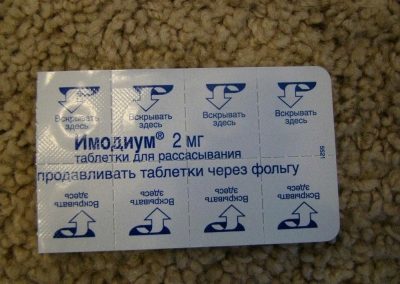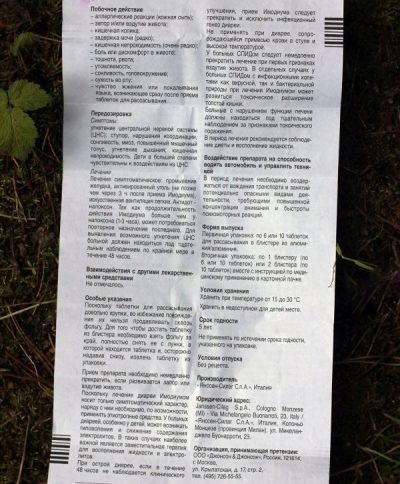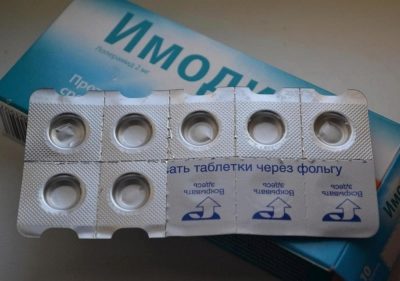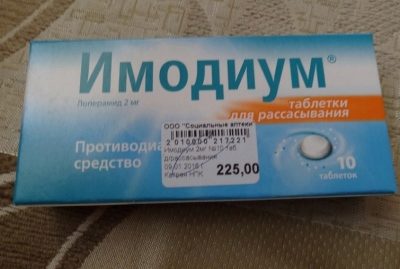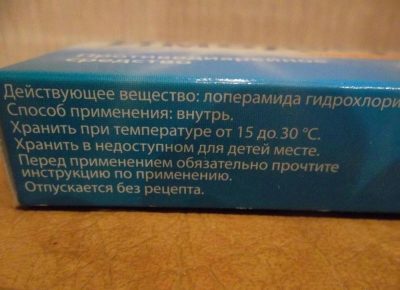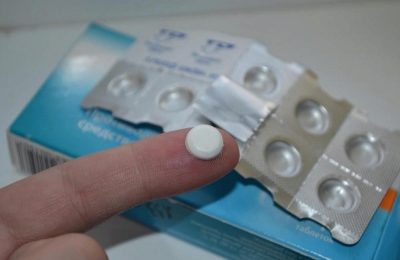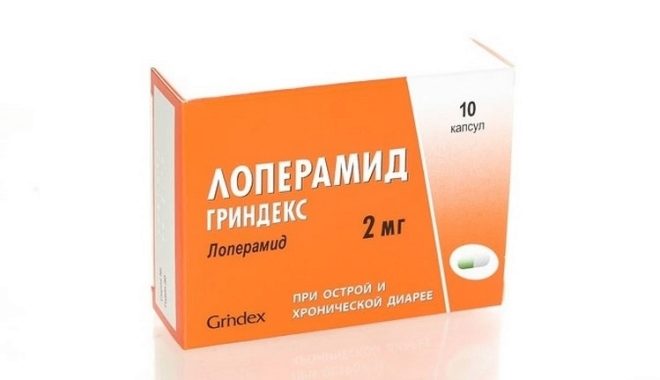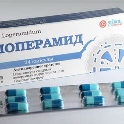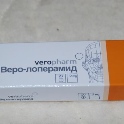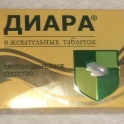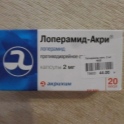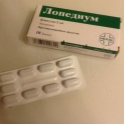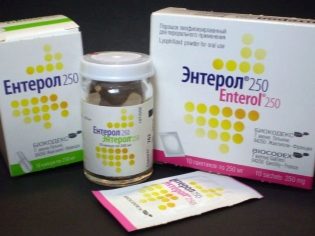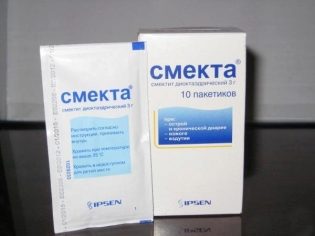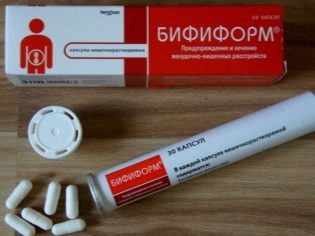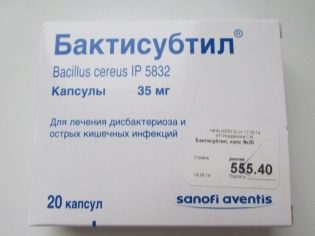Imodium for children
Every mother has diarrhea in a child. The cause of this problem is stale food, an allergy to a product, a viral infection, strong experiences, a change in diet, a long trip, and many other factors.
For children, frequent loose stools are much more dangerous than for their moms and dads, because it provokes dehydration, which develops very quickly in childhood.
Therefore, when diarrhea appears, special solutions are first used to restore mineral waste and fluids. They are called rehydration solutions.
However, in some cases it is necessary to resort to antidiarrheal drugs. One of the most popular representatives of the group of such funds is Imodium. Is it possible to give it to a child when this drug is contraindicated and how can it be replaced if necessary?
Release form
The drug is represented by pills that are absorbed in the oral cavity. They have a round shape and almost white color. One blister holds 6 or 10 such tablets, and in a single carton can contain 6, 10 or 20 tablets.
Composition
The main ingredient of Imodium, due to which the drug has a therapeutic effect in diarrhea, is represented by loperamide. Such a substance in each tablet is contained in a dose of 2 mg and supplemented with aspartame, sodium bicarbonate, mannitol, as well as gelatin and mint flavoring. These excipients provide the medicine with a sweet mint flavor, dense form and quick dissolution in the oral cavity.
Operating principle
Loperamide has the ability to bind to opiate receptors located in the intestinal walls. This binding does not release prostaglandins and acetylcholine, which affects the motility. As a result of this action, the evacuation function of the digestive tract is inhibited, and the time it takes for the food mass to pass through the intestines is lengthened. In addition, the drug affects the anal sphincter, increasing its tone. This leads to blocking the urge to toilet and reduce the incontinence of feces.
Indications
The main reason for taking Imodium is diarrhea. The drug is discharged and in acute condition, and in chronic diarrhea, the provoking factors of which are irritable bowel syndrome, stress, rotavirus, eating disorder, intolerance of a particular product, allergies, gastroenteritis and so on.
At what age is it allowed to take?
Imodium should not be given to children under 6 years old, and doctors at the age of 6-12 years old should prescribe this medicine with caution. Self-buying pills for a daughter or son and treating them for diarrhea without consulting a pediatrician can be dangerous for the health of a small patient.
Contraindications
The drug is not appointed:
- If your child has found intolerance to loperamide or some other ingredient of the medication.
- If the doctor diagnosed dysentery, salmonellosis, or another intestinal infection.
- If there is a suspicion of intestinal obstruction or such a dangerous pathology has already been identified in a child.
- If a small patient develops acute ulcerative colitis or there is diverticulosis.
- If the cause of diarrhea was taking antibiotics.
In no case should the medicine be given to children who, in addition to diarrhea, have increased body temperature or have blood in their stools.In addition, the doctor’s attention requires the appointment of Imodium for children with impaired liver function.
Side effects
Due to taking Imodium, the appearance is possible:
- Constipation.
- Intestinal colic.
- Rash on the skin.
- Swollen abdomen.
- Discomfort in the abdomen.
- Nausea
- Increased fatigue.
- Stomach ache
- Vomiting.
- Dry mouth.
- Tingling or burning sensation in the tongue.
- Dizziness.
- Drowsiness.
In rare cases, the drug causes intestinal obstruction or urinary retention. If at least one of these symptoms appears, the use of Imodium is immediately stopped. To refuse to take the drug is recommended in the absence of a therapeutic effect for two days.
Instructions for use and dosage
- You need to take the pill out of the packaging very carefully, because the drug is fragile. It is not recommended to extrude it through the foil.
- Imodium is taken orally, offering the child to put a pill on the tongue. In just a few seconds, the medicine dissolves and the patient easily swallows it with saliva. It is not necessary to wash down the medication.
- In acute diarrhea, a child over 6 years of age is given 1 tablet, and then repeated intake after each bowel movement, if the stool is still liquid. As soon as the consistency of the stool is compacted, the use of the medicine is stopped. Abolish the drug should be and in the absence of a chair for 12 hours or longer.
- In the case of chronic diarrhea, treatment begins with one tablet per day. Next, the doctor adjusts the dosage individually, focusing on the frequency of the chair (should be 1-2 bowel movements per day). Maintenance dose of the drug can be from one to six tablets.
- The maximum dosage of the drug per day for children is calculated by the weight of the patient's body. For every 20 kilograms of mass, it is permissible to give a maximum of 3 Imodium tablets, but the dose should not exceed 8 tablets per day, which corresponds to 16 mg of loperamide per day.
- It is important not to forget that Imodium is only a symptomatic remedy, so you should find out the cause of the liquefied stool and influence it. In addition, the drug certainly needs to be supplemented with rehydration solutions, because in childhood diarrhea causes a dangerous loss of fluid and electrolytes.
Overdose
Excess dose Imodium depressant effect on the nervous system of the child, which will manifest stupor, drowsiness, impaired coordination of movements, increased muscle tone and even respiratory depression. In addition, intestinal obstruction may occur due to an overdose of the drug.
For treatment, the child is washed stomach, give a sorbent (if less than 3 hours have passed) and naloxone (it is an antidote). When the central nervous system is inhibited, the young patient is carefully monitored for at least 2 days, and if there are problems with breathing, the child is artificially ventilated.
Interaction with other drugs
Annotation to the drug does not mention any interactions with other drugs.
Terms of sale
You can buy Imodium in a pharmacy without a prescription. The average price of a pack of 6 tablets is 240 rubles, packs with 10 tablets is about 350 rubles, and the largest package, including 20 pieces, is about 570 rubles.
Storage
Keep the drug at home is recommended at a temperature of +15 to +30 degrees Celsius. At the same time for storage it is important to find a place in which the pills will be inaccessible to children, to eliminate the risk of overdose.
Imodium shelf life is 5 years. If it is not clearly marked on the package or the specified date has passed, in no case should the child be given medicine.
Reviews
About the use of Imodium in children there are different reviews. The positive moms praise the pills for rapid dissolution in the mouth and ease of use. The advantages of the drug is that the drug does not need to be washed down with water, and the mint taste does not provoke nausea or vomiting. According to moms, taking this medicine quickly stopped diarrhea.
As for the shortcomings, the most expensive is the high cost of pills, due to which many parents are interested in cheaper analogues (from domestic manufacturers). There are also reviews that mention side effects, such as abdominal pain or constipation. In addition, some children do not like the mint taste of the drug.
Analogs
Instead of Imodium, the doctor may prescribe another drug based on loperamide, for example:
- Lopedium tablets or capsules.
- Capsules or tablets Loperamide.
- Vero-loperamide tablets.
- Chewable tablets or capsules.
- Capsules Loperamide Acre.
- Capsules Loperamide Grindeks.
Also, with diarrhea, medicines with a different composition may be prescribed for the child, among which the most popular are:
- Enterol. The basis of this drug are saccharomycetes, showing antibacterial activity, so the drug is in demand both for diarrhea and for its prevention. The tool is released in the powder from which the suspension is prepared, as well as in capsules. Both forms are allowed for children over 1 year old.
- Smecta. This medication, containing smectite, absorbs toxic substances and helps to quickly get rid of diarrhea. It is produced in a form convenient for children - in portion packets of powder intended for the preparation of a suspension. Another advantage of this drug is the fact that you can give it to children at any age.
- Bifiform Such a drug based on bifidobacteria is produced in different forms (solution, sachet with powder, chewable tablets, capsules) and is prescribed for children with rotavirus infection, gastroenteritis, dysbacteriosis and other diseases. The drug in the solution for the preparation of suspensions can be administered even to the infant, the powder is prescribed to a one-year-old child and older. With regard to solid forms, the capsules are allowed for children aged 2 years and older, and tablets are prescribed from 3 years.
- Baktisubtil. The action of this medication is provided by the spores of Bacillus cereus, which have antidiarrheal effect. The drug is produced in capsules and prescribed to children from 7 years of age with rotavirus, colitis, dysbiosis and other problems with the intestines.
See the transfer of Dr. Komarovsky, from which you will learn all the rules for the recovery of a child after an intestinal infection.
